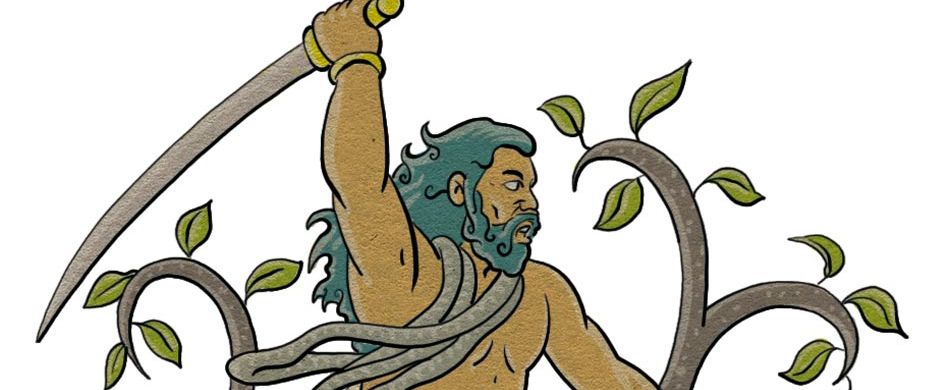DEAR friends, it has been more than six months since Moscow’s troops crossed the border and began what the Kremlin leadership insists on calling a “special military operation.” The constantly trumpeted pretext is that of “de-nazifying” Ukraine and “preventing strategic threats” to the borders of the Russian Federation.
To date, Putin’s real objectives in this war still seem quite unclear from a territorial point of view, at least to me. In fact, since Russian troops have moved in so many directions it is often suggested that, at least at the beginning of the operation, his general staff had no real plan.
How is it possible that a country like Russia sends thousands of its own soldiers to their deaths and continues to massacre defenseless Ukrainian women and children without being clear about what it wants to achieve? Unless, given his great admiration for Tsar Peter the Great and his obvious empire-building ambitions, Mr. Vladimir Putin wants to forge a new Russian Empire encompassing not only Ukraine, but also all those countries that were once part of the Soviet Union. But is this what he really wants?
Faced with this tragic situation in which every way out seems blocked and every attempt at diplomacy seems to fall on deaf ears, I was reminded of an anecdote I found many years ago in a beautiful book by Father Anthony de Mello, The Prayer of the Frog (Part 2).
The story tells how Buddha was one day threatened with death by a terrible, blood-thirsty bandit named Angulimala. “If you are determined to kill me,” said the holy man, “then do one thing, just the wish of a dying man: cut a branch of that tree.”
Angulimala, with a malevolent smile, hit his sword against the tree and a big branch fell down. Buddha said, “Just one thing more: join it again to the tree. The bandit started laughing, “Now I know perfectly well that you are mad. I can cut, but I cannot join.” Whereupon, with a smile Buddha said to him, “When you can only destroy and cannot create, you should not destroy because destruction can be done only by little children, there is no bravery in it. This branch can be cut by a child, but to join it a master is needed. Only the mighty know how to create and heal.”
Unfortunately, we have to admit that in today’s world there are more than a few bad children among grown-ups who go round pulling down bridges that keep people together. Their purpose is to divide people and keep them apart. They provoke and indulge in conflicts and wars. When will our society realize that the real test of power is not the capacity to make war, but to make peace?
How long will it be before people of good will realize that the solution for peace is not to build walls, but bridges? More than two thousand years have rolled by since Jesus went around building bridges. But still human beings remain divided and hostile. One’s inhumanity to another makes countless thousands mourns.
However, if there is one feature that has become increasingly clear in the course of over nine years of Pope Francis’ pontificate, it is precisely his tireless commitment to building bridges in order to unite where there is division, to cross those visible and sometimes invisible barriers of separation that prevent encounter. We have to build bridges between peoples and cultures, bridges between religious and political leaders. The Pope has worked to build these bridges with an intensity and a sense of urgency that has increased the more he has seen walls erected.
We are all called to help Pope Francis in the strenuous work. In the final analysis, humanity has only two ways out – either universal destruction or universal fraternity.




